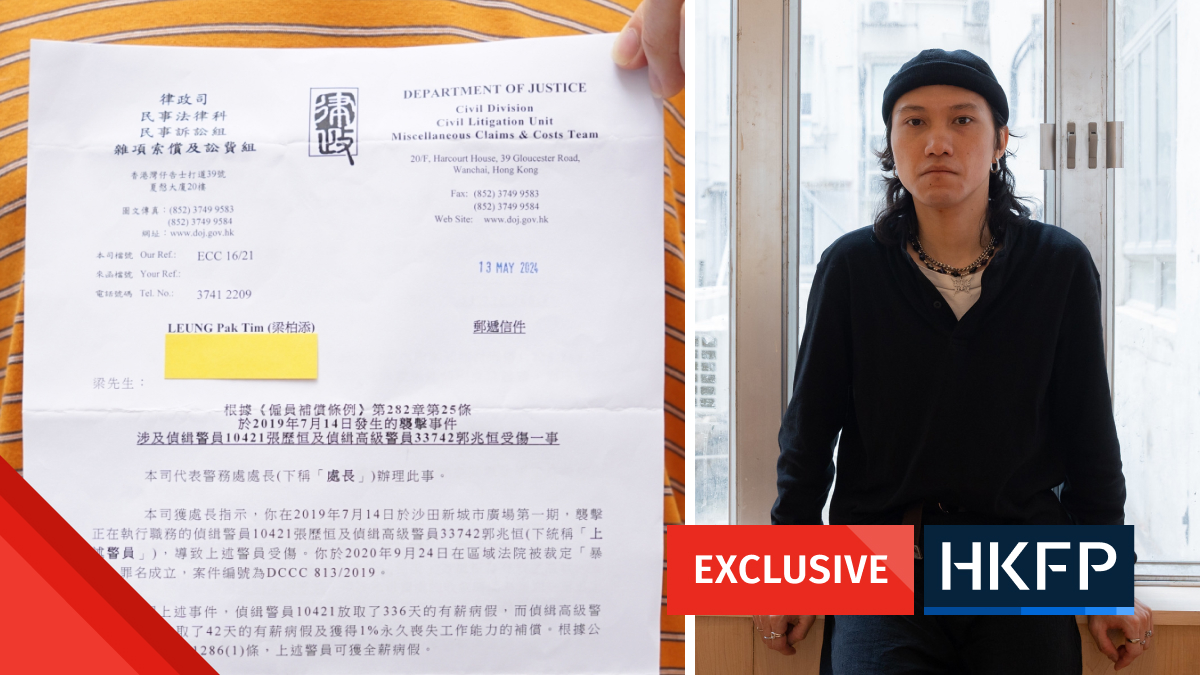From 2025, Hong Kong bosses will no longer be allowed to dip into a worker’s pension fund to make severance and long service payments after legislators voted to ban the practice, following a 20-year campaign by labour unions.
The Legislative Council on Thursday passed a bill to amend the offsetting mechanism of the Mandatory Provident Fund (MPF). Payments into the MPF or equivalent private schemes are compulsory for workers and bosses, but employers at present can use their portion of the contributions to make such payments.

Seventy-two lawmakers voted in support of the Employment and Retirement Schemes Legislation (Offsetting Arrangement) (Amendment) Bill 2022, while five members opposed it and 12 abstained.
The five who voted “nay” included pro-business legislators Shiu Ka-fai, Frankie Yick and Sunny Tan, as well as Paul Tse and Lee Chun-keung from the Election Committee sector.
‘Historic moment’
Labour chief Law Chi-kwong met the press after the bill was passed, thanking lawmakers and those who have contributed in the past to the campaign, including officials from the previous administration.

“The passage of the bill…is a historic moment and important milestone in improving the retirement protection of employees. Six years and a half since the public consultation on the retirement pension in 2015, the legislative amendments have now been completed,” Law said.
Chief Executive Carrie Lam also welcomed the bill, saying in a statement that she has been championing the need to strengthen the MPF as one of the key pillars of the city’s retirement protection system since she served as chief secretary.
20 years of fighting
The debate on scrapping the offsetting mechanism began soon after the MPF scheme was launched in 2000. Legislative efforts began this year after Lam included the proposal to axe it in her policy address last year.
Labour unions in Hong Kong, a rapidly ageing society with only a modest and means-tested state pension, have long fought to scrap the offsetting mechanism, which depleted workplace pensions and in some cases left retirees too little to live on.

Before the bill was put to a final vote, Shiu, from the pro-business Liberal Party, said workers may try in future to get themselves fired so that they can receive severance pay. He also warned of potential labour disputes.

“Many friends from the labour sector told me what I described will not happen…I hope their belief is the correct one and mine is wrong,” said Shiu.
Federation of Trade Unions lawmaker Ng Chau-pei was one of the many unionists who backed the bill, but said it was a matter of regret that it does not come into force sooner.

“Workers are ‘bleeding’ from the offsetting mechanism. They are bleeding their hard-earned money,” Ng said.
According to the proposal, measures will be implemented as early as 2025, with the government providing gradually decreasing subsidies to employers for 25 years to compensate for the change.
Support HKFP | Policies & Ethics | Error/typo? | Contact Us | Newsletter | Transparency & Annual Report | Apps
Help safeguard press freedom & keep HKFP free for all readers by supporting our team

LATEST FROM HKFP
HKFP has an impartial stance, transparent funding, and balanced coverage guided by an Ethics Code and Corrections Policy.
Support press freedom & help us surpass 1,000 monthly Patrons: 100% independent, governed by an ethics code & not-for-profit.










